Understanding Cookie Dough Toxicity in Dogs
Cookie dough may be a delicious treat for humans, but for dogs, it can be highly dangerous. The ingredients in cookie dough—such as raw eggs, flour, sugar, and chocolate—can pose significant health risks. If your dog consumes cookie dough, it’s essential to act quickly to prevent serious complications. This article explores the dangers of cookie dough, symptoms of toxicity, treatment options, and how to keep your furry friend safe.
Why Is Cookie Dough Dangerous for Dogs?
There are several reasons why cookie dough is toxic to dogs:
Raw Eggs: Uncooked eggs can carry Salmonella, which may cause bacterial infections and digestive issues in dogs.
Flour and Sugar: While not inherently toxic, excessive sugar and refined flour can cause digestive upset and contribute to long-term health problems like obesity and diabetes.
Chocolate: If the cookie dough contains chocolate chips or cocoa, it can be highly toxic due to theobromine, which dogs cannot metabolize efficiently.
Xylitol: Some cookie dough, particularly store-bought or sugar-free varieties, may contain xylitol, an artificial sweetener that can cause severe hypoglycemia and liver failure in dogs.
Rising Dough with Yeast: If the cookie dough is made with yeast (like some refrigerated or homemade doughs), it can continue to expand in a dog’s stomach, leading to bloating, gastric distress, and potentially deadly stomach torsion.
How Much Cookie Dough Is Toxic to Dogs?
The severity of toxicity depends on the ingredients and the amount ingested:
A small lick of plain, unbaked dough may cause mild stomach upset.
A few bites of dough with chocolate or xylitol can be dangerous, especially for small dogs.
Ingesting a large amount of raw dough with yeast can lead to severe bloating and alcohol poisoning (from fermentation in the stomach).
Symptoms of Cookie Dough Poisoning in Dogs
If your dog eats cookie dough, symptoms can appear within 30 minutes to a few hours and may worsen over time. Common symptoms include:
Vomiting and diarrhea
Lethargy and weakness
Excessive drooling and panting
Abdominal bloating and discomfort
Tremors or seizures (if xylitol or chocolate was ingested)
Incoordination and difficulty standing
Excessive gas and distended stomach (from yeast fermentation)
Increased heart rate or irregular breathing
Immediate Actions If Your Dog Eats Cookie Dough
If your dog ingests cookie dough, follow these steps:
Assess the Ingredients: Check if the dough contains chocolate, xylitol, yeast, or other harmful substances.
Call Your Veterinarian or Pet Poison Control Immediately: Provide details about the amount and type of dough consumed.
Do Not Induce Vomiting Without Professional Guidance: Certain ingredients, such as yeast or chocolate, may require specific treatment.
Monitor Your Dog’s Symptoms: Watch for any distress, bloating, or difficulty breathing.
Seek Emergency Veterinary Care if Symptoms Worsen: If your dog shows signs of chocolate poisoning, yeast expansion, or xylitol toxicity, immediate intervention is crucial.
Veterinary Treatment for Cookie Dough Poisoning
Treatment depends on the severity of the poisoning and the symptoms present. A veterinarian may:
Induce vomiting to remove undigested toxic ingredients.
Administer activated charcoal to absorb toxins.
Provide IV fluids and supportive care to manage dehydration and stabilize blood sugar levels.
Monitor and treat symptoms such as seizures, irregular heart rate, or bloating.
Perform gastric decompression or surgery in severe cases of yeast dough expansion.
Preventing Cookie Dough Poisoning in Dogs
Prevention is the best way to keep your dog safe from cookie dough toxicity:
Keep raw dough and baking ingredients out of reach. Store them securely in cabinets or the refrigerator.
Supervise your dog while baking. Ensure they don’t sneak a bite of dough.
Avoid feeding baked cookies that contain toxic ingredients. Some baked goods may still pose a risk.
Educate family members about the dangers. Make sure children and guests know not to give dough to dogs.
Keep Your Dog Safe from Cookie Dough Dangers
Cookie dough may seem harmless, but it can have severe consequences for dogs, depending on the ingredients and the amount consumed. If your dog eats cookie dough, immediate veterinary attention is necessary to prevent complications. By taking precautions and educating those around you, you can help keep your furry friend safe from accidental poisoning.
Need Reliable Pet Care? Contact Dan’s Pet Care Today!
At Dan’s Pet Care, we are committed to providing expert pet care advice and services to keep your dog safe and happy. Visit our website or reach out to our team for professional pet care solutions, training, and pet safety guidance.





